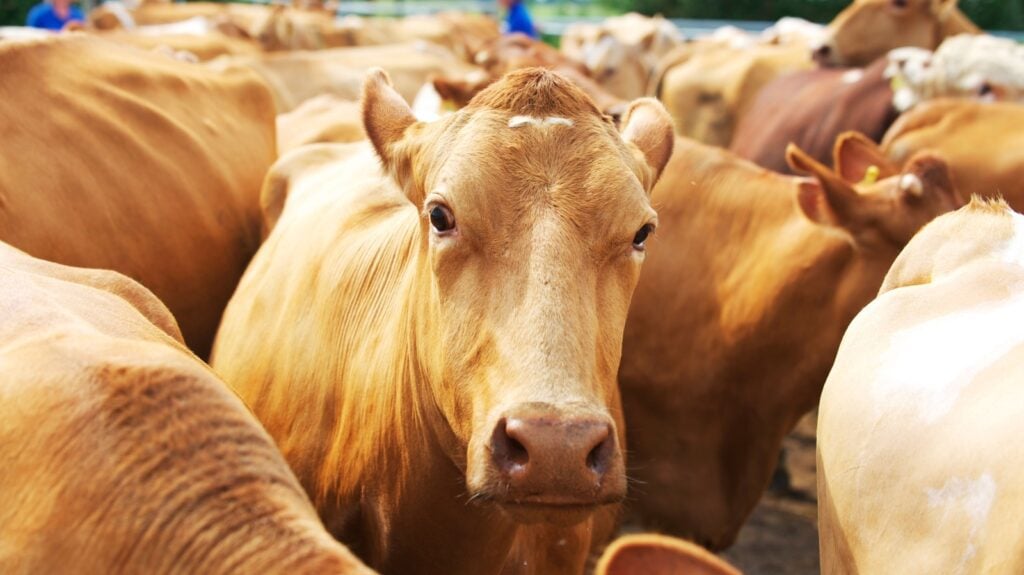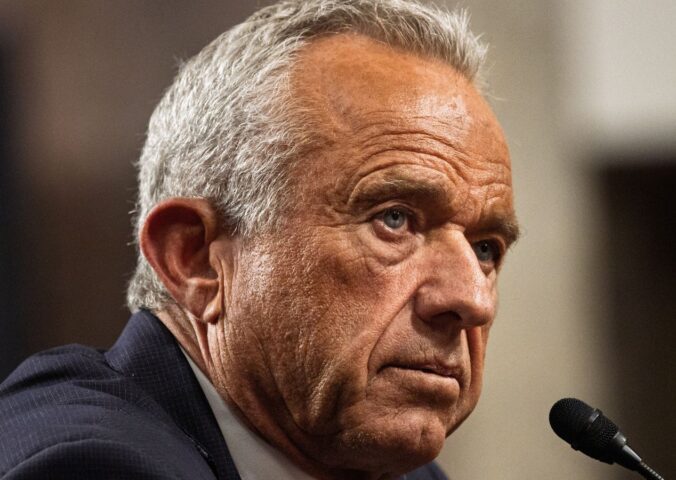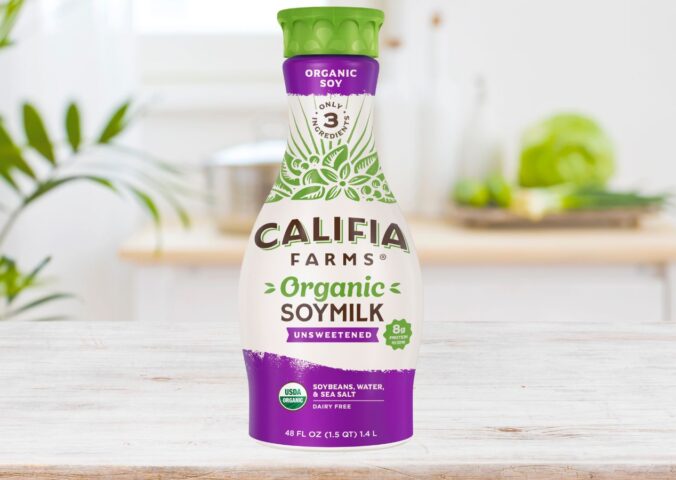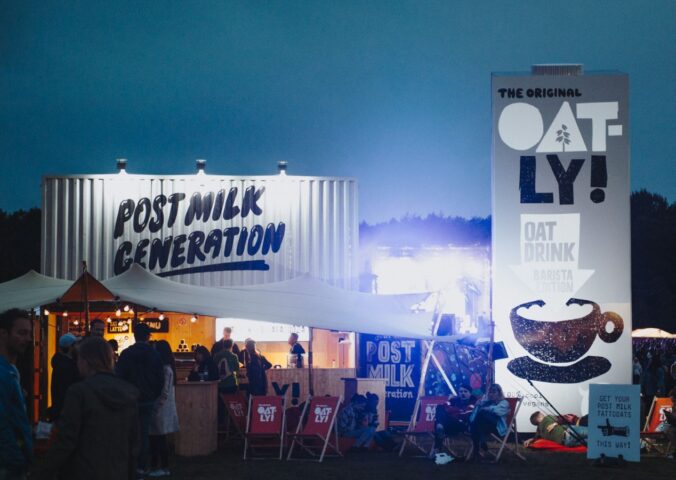Back in 2019, the UK government appointed Henry Dimbleby, the co-founder of food chain Leon and director of the Sustainable Restaurant Association, to lead the first major review of the UK food system, including meat consumption, in 75 years. Dimbleby also serves as the lead non-executive board member of the Department of Education, Food, and Rural Affairs (Defra).
The food tsar came up with a strong recommendation: to reduce meat consumption by 30 percent over the next 10 years. This call was also echoed by the UK government’s chief scientific advisor, Sir Patrick Vallance.
Great news, right? The UK government hires someone to do a food system evaluation. They do the evaluation and come back with a recommendation for the government to follow. Because why wouldn’t they? Isn’t that the reason they hired him?
This is the UK government and meat we’re talking about. Historically, they have not promoted a reduction in animal agriculture. The new prime minister, Liz Truss, doesn’t offer much hope of that changing.
Liz Truss as prime minister
Truss was announced as the winner of the Tory leadership race on Monday and thus, became the newest UK Prime Minister on Tuesday.
George Eustace, the former Environmental Secretary, said in August that Truss refused to recognize the importance of animal welfare in post-Brexit trade deals. “It is fair to say there were some challenges I had in getting Liz Truss to recognize the importance of animal welfare in particular and that we should reflect it in trade agreements,” he said.
The new Prime Minister doesn’t even think animal welfare is important. We’re out here trying to get people to think about animals as sentient beings deserving of rights and autonomy, and she refuses to even recognize it.
And then check out this video from when she was the environment food and rural affairs MP.
During that time, she also boasted that she had been responsible for “a reduction of 34,000 farm inspections a year and an 80 percent reduction in red tape from Defra.”
“A future Conservative government would continue to bear down on red tape,” she said. “We are considering pilots for landowners and farmers to manage watercourses themselves, to get rid of a lot of bureaucracy.”
These cuts meant that farmers could dump waste like pesticides and animal feces into rivers and waterways, which is exactly what they did.
In fact, an investigation into the River Axe found that 95 percent of farms had not complied with slurry storage regulations. And 49 percent were polluting the river.
As a result of her cuts, animal farmers are now the number one polluters of UK rivers. Yes, that’s right. The farmers who we are told are stewards of the land, and who we should trust to protect our environment, are also the biggest polluters of our rivers.
So basically, what happens next is not good for the environment, and definitely not good for the animals.
Politics behind animal agriculture
So what are we going to do about it? The truth is, we can’t expect our government to do anything about this issue, they’re not going to. They’re promising to do the opposite – to make matters worse.
Actually, the food tsar himself highlighted the perceived political problem around this issue.
The Guardian reports: “Henry Dimbleby [said] that although asking the public to eat less meat – supported by a mix of incentives and penalties – would be politically toxic, it was the only way to meet the country’s climate and biodiversity targets.”
And he’s right, political impotence isn’t going to solve this problem. But that’s all we are getting from our elected officials, populist rhetoric that wants to tell people what they want to hear, rather than what they need to hear.
It’s an absolute scandal.
How much meat should the UK be eating?
Even if we look at the reduction targets, they are only 30 percent. Greenpeace says that we need to reduce by 70 percent to meet our environmental targets, while another study suggests that beef consumption needs to fall by 90 percent. We should take that 30 percent figure with a grain of salt. The food tsar said himself that “there’s no point recommending impossible things.”
And he even consulted with the president of the National Farmers Union (NFU) in the process.
“The NFU has done some early work with Henry Dimbleby on what a food strategy can look like. I am delighted that he has included much of this in his framework. We are looking forward to working with his review to deliver a food system that is fair for all,” a spokesperson said.
So the report is probably what is deemed to be the most palatable it can be, whilst having some positive impact.
Basically, we’re going to need to do more.
So, when people say: “Shouldn’t we get our governments to do something?” The answer is yes, of course. But they’re not going to do it. Not unless we make it politically acceptable. The only way we can do that is to actually make changes ourselves as well.
And beyond all this, what these stats ignore is that, from an ethical perspective, 30 percent is nowhere near where we need to be. And neither is 70 percent.
The environmental argument shows why we selfishly need to act, the ethical argument shows us why we selflessly need to act.






